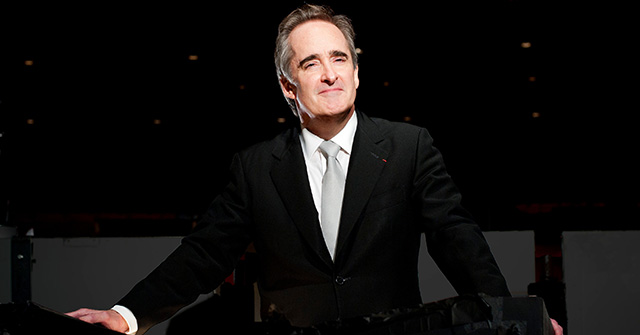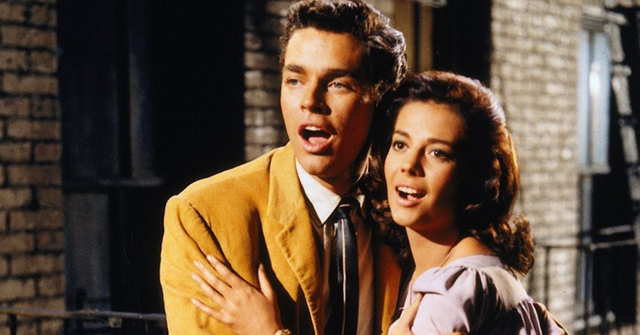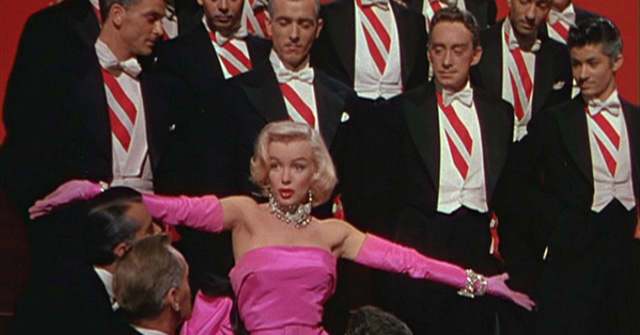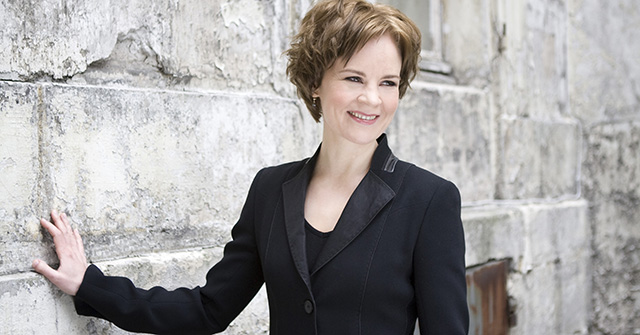
There’s a frequently repeated joke about the novice opera-goer who comes out of a performance and comments, “Wow, that Don Giovanni was a regular Don Juan!” The joke being, of course, that Don Giovanni IS Don Juan, translated into Italian.
But Don Juan gave his name to more than an opera and a legend; it also became a psychological diagnosis, the so-called “Don Juan complex.” Quite some time ago, TV talk-show host Sally Jessye Raphael devoted one of her shows to “Don Juans,” which she defined as “men who think they are God’s gift to women.” To qualify for participation on her panel, the men had to have slept with—or claim to have slept with—at least 200 women. One of her four guest subjects actually boasted of having had sexual relations with over 1,500 women, a claim that brought a gasp of astonishment from the studio audience.
What they probably didn’t realize is that Mozart’s Don Giovanni would have sneered at that paltry figure. In the first act, Giovanni’s henchman Leporello is explaining the reality of the situation to the scorned and furious Donna Elvira in the so-called “Catalogue aria,” in which he enumerates his master’s conquests: “In Italy, 640; in Germany, 231; 100 in France; in Turkey, 91; but in Spain, 1,003 and counting.” Mind you, the large number of Spanish conquests is not a moral judgment against Spanish women, but merely reflects the fact that Giovanni lived in Spain and, of course, did better on his home turf.
This brings his total to a whopping 2,065. And had Donna Anna not screamed for help in the first scene, it would have been 2,066. All of which makes Sally Jessye’s guests look like rank amateurs. Fortunately for them, at the end of the taping, they were allowed to simply leave the studio rather than being dragged into Hell by a living stone statue, a far more dramatically effective ending. You can see and hear baritone Christopher Maltman pay the ultimate price for his lecherous ways—all to the accompaniment of the glorious Chicago Symphony Orchestra—on August 14 and 16 in Ravinia’s Martin Theatre.



















